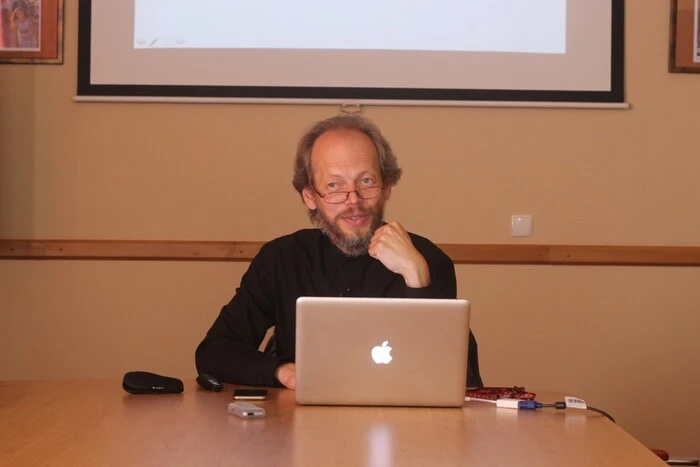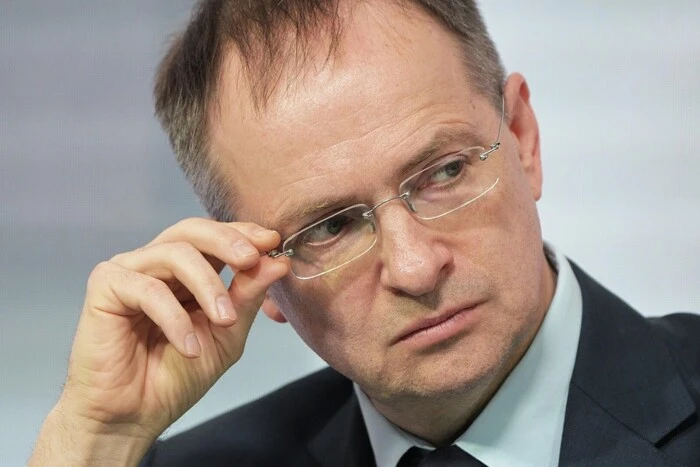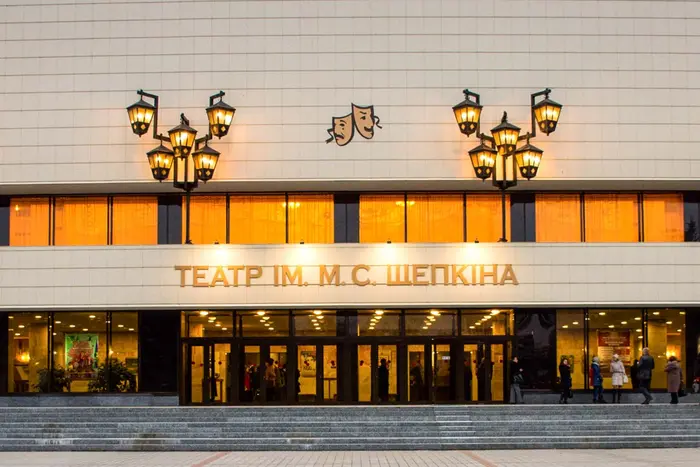Classic waiters. A renowned religious figure explained the tactics of the Moscow church's clergy in Ukraine.


Pro-Russian politicians have begun to actively work, discussing possible elections and negotiations. Additionally, the UOC (MP) uses social media to gain influence. This was stated by the rector of the Open Orthodox University, Georgiy Kovalenko, during an interview for the 'Bridges of Ukraine' project, in collaboration with 'Glavkom'.
According to Kovalenko, the Moscow church constantly draws attention to repression, and the propaganda of the Russian church in Ukraine is gaining strength. He points out that some representatives of the Moscow Patriarchate are 'classic waiters' who hope to be included in the negotiations. They believe that Putin and Moscow will protect their interests.
The rector emphasizes that something unique is being formed in Ukraine, which differs from Russian identity. He expresses hope that the UOC (MP) will lose its Russian influence and become a true Ukrainian Orthodox Church.
It is worth noting that Georgiy Kovalenko was previously the head of the Synodal Information and Educational Department of the Moscow church in Ukraine. Since 2019, he has been a priest of the Local Orthodox Church of Ukraine and the rector of the Open Orthodox University.
According to the report of the UN Office of the High Commissioner for Human Rights, the dissolution of the Ukrainian Orthodox Church of the Moscow Patriarchate 'violates international standards' and does not have sufficient grounds from the perspective of religious freedom.
Read also
- Russia transfers the bodies of its soldiers to Ukraine. Putin's aide reacted
- Better not to swim: nearly fifty beaches in Spain received a 'black flag'
- The United Kingdom may legalize euthanasia
- IDF Commander: Israel Will Not Stop Until it Neutralizes the Threat from Iran
- A 5.22 Magnitude Earthquake Occurred in Iran
- Sumy National Theatre cancels performances










